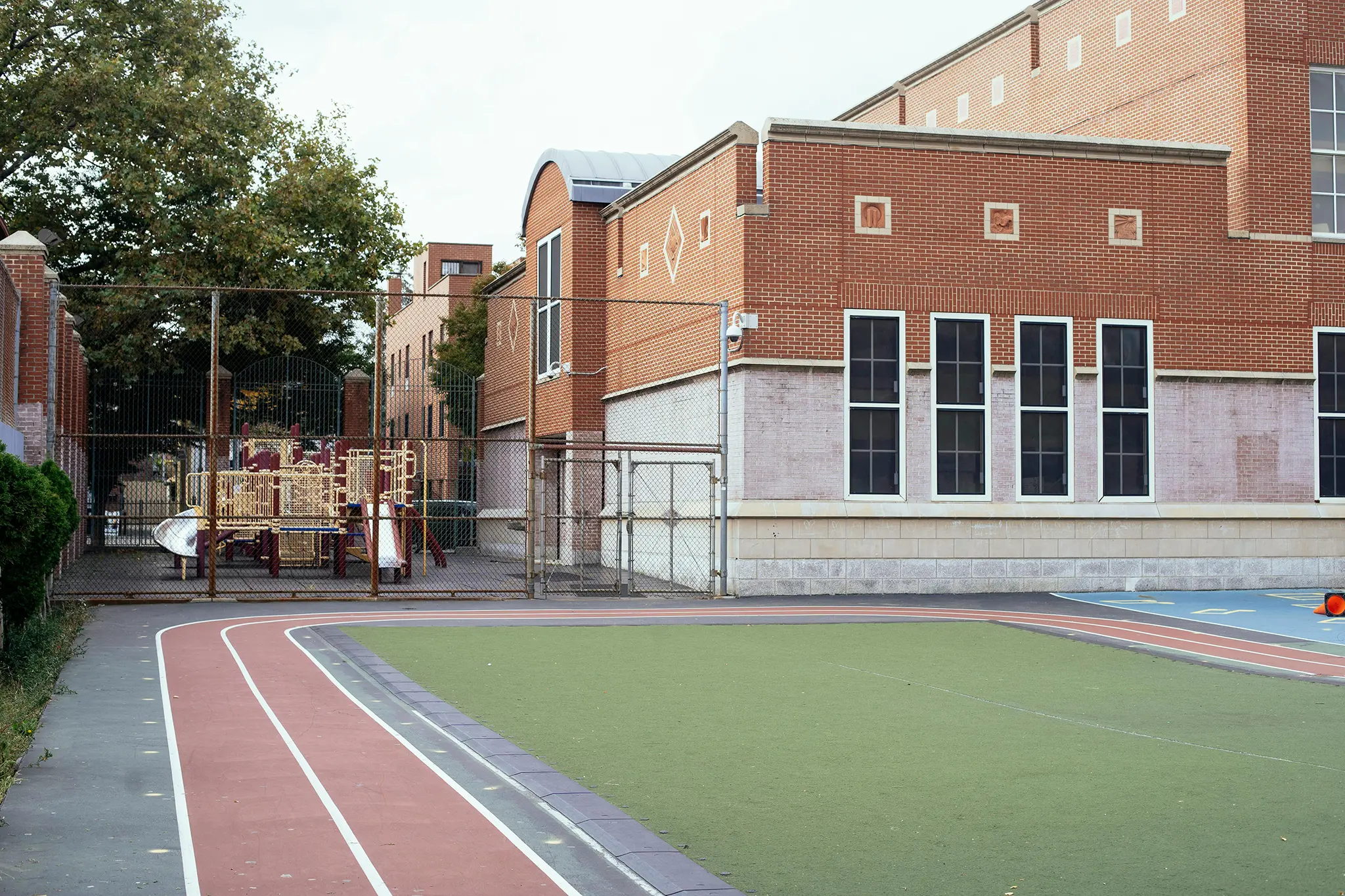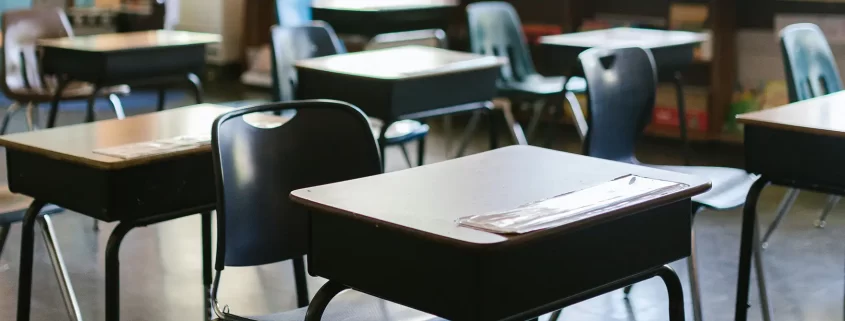My Student’s Discipline at School Was Excessive – What Should I Do?
If your child is a K-12 student and has received discipline that you think is excessive, what options do you have? Can you sue the school or do anything to demand a lesser punishment? The answers to these questions depend on a few factors, but the most important factor is whether your student attends a private or public school. This article is specific to questions about Kindergarten through Twelfth Grade education. Different rules apply to the college level and other types of schools. As always, this article is not legal advice—each situation is different, and you should consult an attorney about the facts of your case.
Public School Students and Their Rights
In the public school setting, administrators are bound to follow the Constitution in making disciplinary decisions. This might sound strange at first because the Constitution doesn’t mention schools. But the federal Constitution does require that everyone has a right to due process when faced with punishment by a government entity as well as Fourth Amendment rights against unreasonable search and seizure. Our federal courts also recognize the Fourteenth Amendment as providing “substantive due process” rights that prohibit revoking someone’s rights in a way that violates various norms or rules. And of course, everyone has a First Amendment right to express their opinions and beliefs without fear of government reprisal, as well as to hold their religious views without interference by a government employee or entity.
 Punishment handed out by a public school must comply with the provisions of the Constitution. This means that if a child is punished for expressing a First Amendment-protected viewpoint or for their religious beliefs, then the school is liable for this violation of Constitutional rights. In addition, schools must follow due process rights when punishing a student. They must give a student notice and a hearing before administering punishment.
Punishment handed out by a public school must comply with the provisions of the Constitution. This means that if a child is punished for expressing a First Amendment-protected viewpoint or for their religious beliefs, then the school is liable for this violation of Constitutional rights. In addition, schools must follow due process rights when punishing a student. They must give a student notice and a hearing before administering punishment.
The Supreme Court has drawn a general line at ten days of suspension. Punishment over ten days requires substantial due process rights, including a more formal hearing, often in front of the school board. The student and his or her parents have a right to present documents and witnesses, and should have the right to cross-examine the school’s witnesses and to present argument as to why lesser or no punishment should be considered. When students are punished for less than ten days, they still have a right to notice and a hearing, but the hearing can be informal and brief.
Students Rights and Private School
Private schools are generally not bound by the Constitution because, by their nature, they are private, not government-owned. As a result, like any private entity, they are free, as a general rule, to have rules or punishments that are not “fair” across the board.
 But a few important restrictions still apply to private school discipline. First, private schools are still required to abide by the terms of their contract with the parents. Because parents are paying for their student’s education, what is laid down in any contract documents will be important.
But a few important restrictions still apply to private school discipline. First, private schools are still required to abide by the terms of their contract with the parents. Because parents are paying for their student’s education, what is laid down in any contract documents will be important.
Contract documents are not just the formal documents parents signed when they brought their child to the school. The documents that form a contractual relationship between parents and the school can include emails and correspondence with the school, and in most cases, also includes the parent or student handbooks that lay out expectations the parties can rely on.
Where a student is expelled, a refund or a partial refund may be required and to the degree that a student’s education is interfered with as a result of being expelled, there may also be damages available to the parents. Furthermore, if specific wrongdoing can be proven, a private party including a teacher or school may be liable if they harmed the student in more specific ways.
Conclusion
At Cornerstone Law Firm, our attorneys have helped parents and students in both public and private schools to stand up for their rights and receive vindication after wrongful suspensions, expulsions, and punishments. Our work has involved students who were expelled, suspended, or who lost “privileges” relating to extracurricular activities. Our attorneys are well situated to help you determine your rights and figure out how to handle a situation that you’re faced with. Call us today for a consultation and let us help you determine what steps to take.



